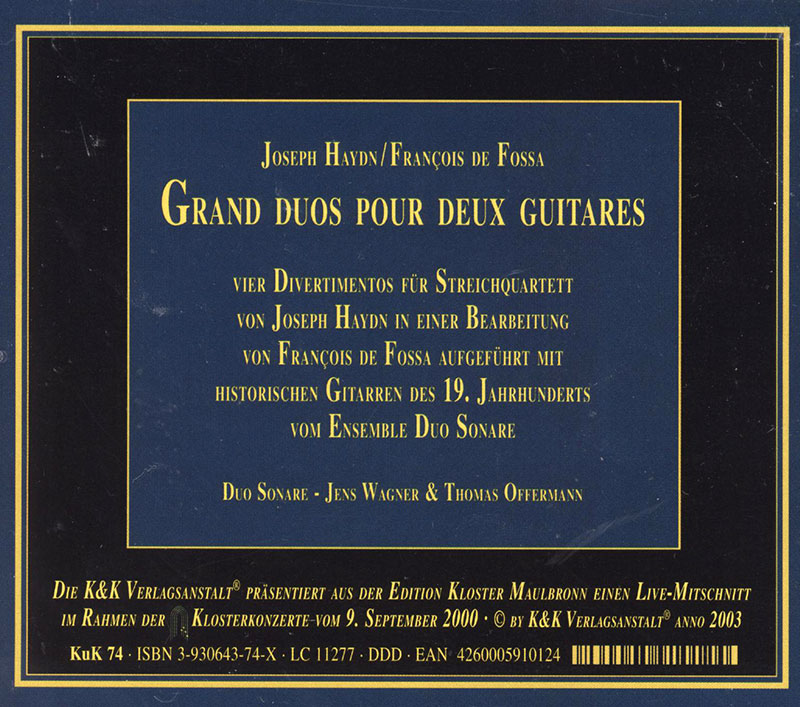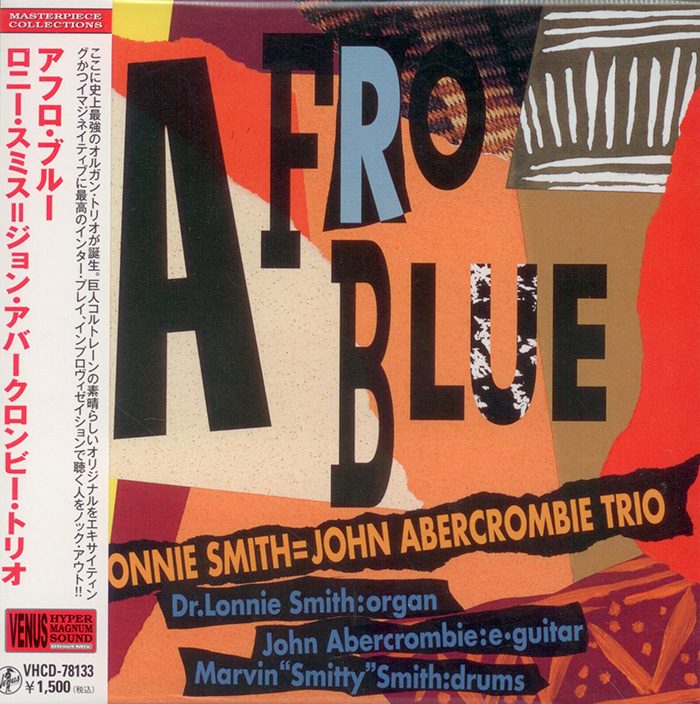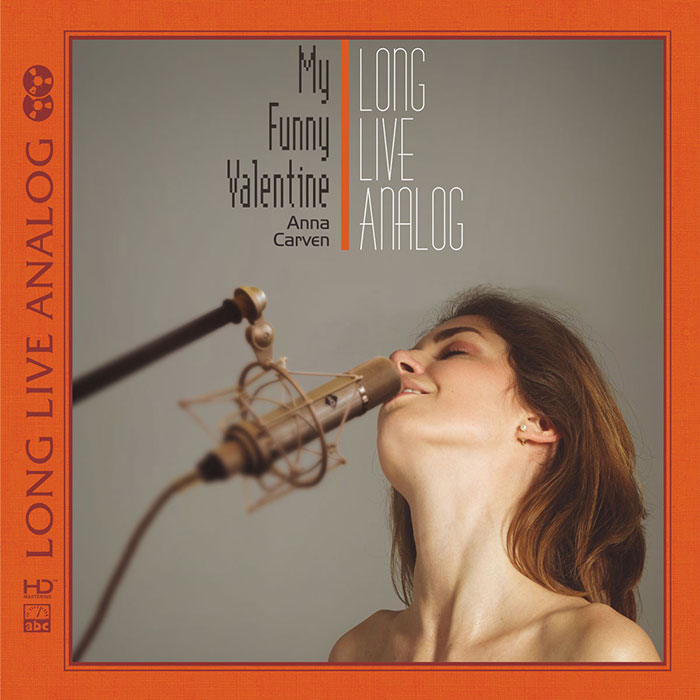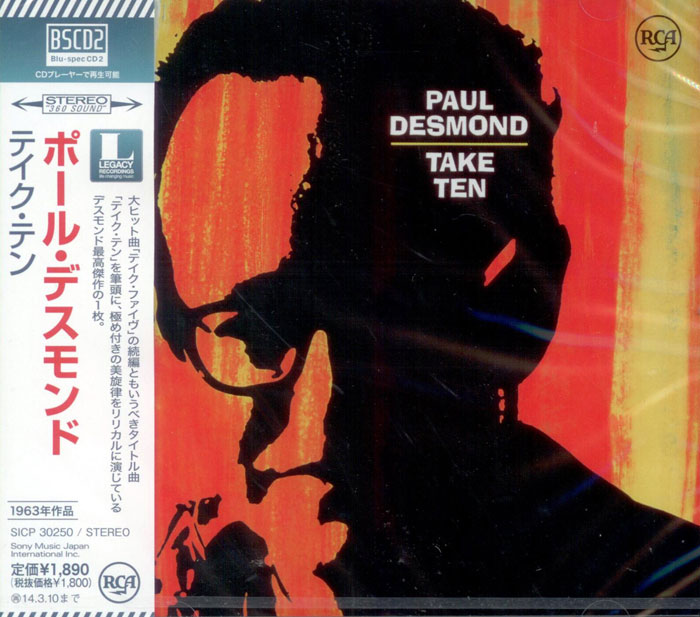Logowanie
Dlaczego wszystkjie inne nie brzmią tak jak te?
Chai Lang, Fan Tao, Broadcasting Chinese Orchestra
Illusive Butterfly
Butterly - motyl - to sekret i tajemnica muzyki chińskiej.
SpeakersCorner - OSTATNIE!!!!
RAVEL, DEBUSSY, Paul Paray, Detroit Symphony Orchestra
Prelude a l'Apres-midi d'un faune / Petite Suite / Valses nobles et sentimentales / Le Tombeau de Couperin
Samozapłon gwarantowany - Himalaje sztuki audiofilskiej
PROKOFIEV, Stanislaw Skrowaczewski, Minneapolis Symphony Orchestra
Romeo and Juliet
Stanisław Skrowaczewski,
✟ 22-02-2017
BARTOK, Antal Dorati, Philharmonia Hungarica
Dance Suite / Two Portraits / Two Excerpts From 'Mikrokosmos'
Samozapłon gwarantowany - Himalaje sztuki audiofilskiej
ENESCU, LISZT, Antal Dorati, The London Symphony Orchestra
Two Roumanian Rhapsodies / Hungarian Rhapsody Nos. 2 & 3
Samozapłon gwarantowany - Himalaje sztuki audiofilskiej
Winylowy niezbędnik
ClearAudio
Cartridge Alignment Gauge - uniwersalny przyrząd do ustawiania geometrii wkładki i ramienia
Jedyny na rynku, tak wszechstronny i właściwy do każdego typu gramofonu!
ClearAudio
Harmo-nicer - nie tylko mata gramofonowa
Najlepsze rozwiązania leżą tuż obok
IDEALNA MATA ANTYPOŚLIZGOWA I ANTYWIBRACYJNA.
Wzorcowe
Carmen Gomes
Celebrating the art and spirit of music - vol. 5 - Reference Songs
- CHCECIE TO WIERZCIE, CHCECIE - NIE WIERZCIE, ALE TO NIE JEST ZŁUDZENIE!!!
Petra Rosa, Eddie C.
Celebrating the art and spirit of music - vol. 3 - Pure
warm sophisticated voice...
SAMPLER - STS DIGITAL, Gregor Hamilton
Celebrating the art and spirit of music - vol. 2 - Love songs from Gregor Hamilton
...jak opanować serca bicie?...
SAMPLER - STS DIGITAL
Celebrating the art and spirit of music - vol. 1 - Leonardo Amuedo
Największy romans sopranu z głębokim basem... wiosennym
Lils Mackintosh
Celebrating the art and spirit of music - vol. 4 - A Tribute to Billie Holiday
Uczennica godna swej Mistrzyni
HAYDN, FOSSA, Duo Sonare
Grands Duos pour Deux Guitares
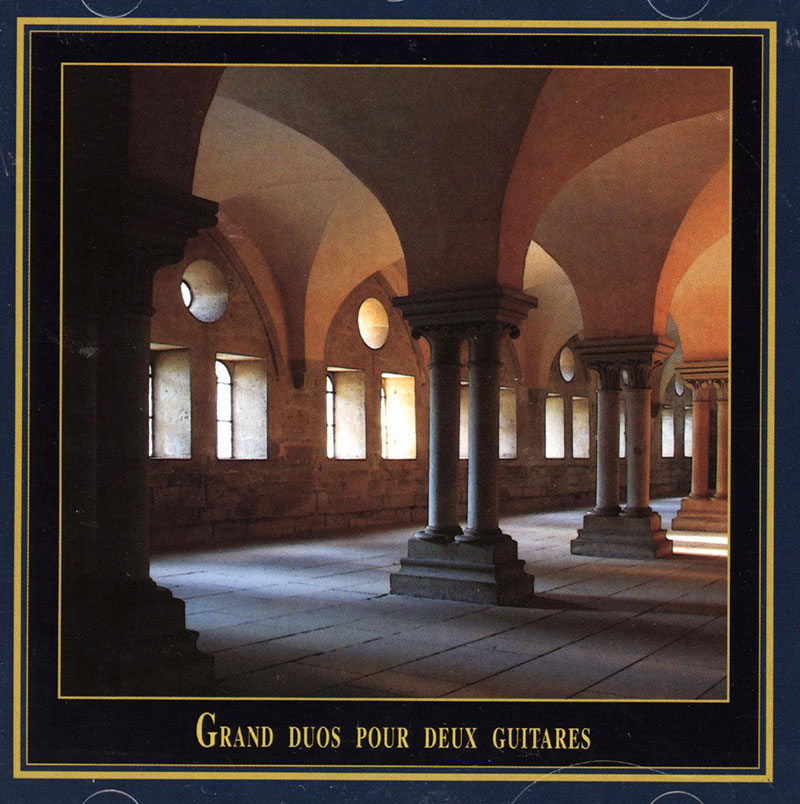
- Duo Sonare - duo
- HAYDN
- FOSSA
A part from the title of the concert programme, Grand Duos pour deux Guitares, what's exceedingly attractive is the fact that a contemporary of Joseph Haydn adapted his string quartets for probably one of the most popular stringed instruments of our time – a version that was surely preformed during the composer's lifetime. In such, from the perspective of zeitgeist and its conjunct societal etiquette, the comprehension of both artists' musical conceptualisation must have converged rather closely. The awe-inspiring joy of playing and charming-elegant wit of the performance at the Maulbronn Monastery's Laymen Refectory show how modern chamber music can be interpreted – to the pleasure of the audience. An almost courtly atmosphere permeated the duo's concert. But let us allow the artists some quotes themselves, out of the performance, so to speak: "Perhaps a few words about the guitars we play, because they're not the modern concert guitars that are so well known. They are replicas of instruments that were played during the classic era in Vienna, built by a certain Mr Staufer. François de Fossa, who adapted these works of Haydn's, played this type of instrument. But, we had them re-built. After all, they played on new guitars back then, so why should we have to give concerts with old ones?" The guitarist and composer François de Fossa (1775-1849) adapted these four Divertimentos for String Quartet from Joseph Haydn (1732-1809) as "Grand Duos for Two Guitars". De Fossa is still handled as a hot tip by today's guitarists. Only gradually is his work, including numerous adaptations and original compositions for solo guitars and guitar ensembles, being dug out of the archives and made accessible to the public.
























